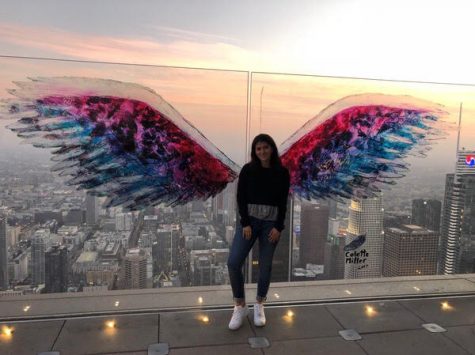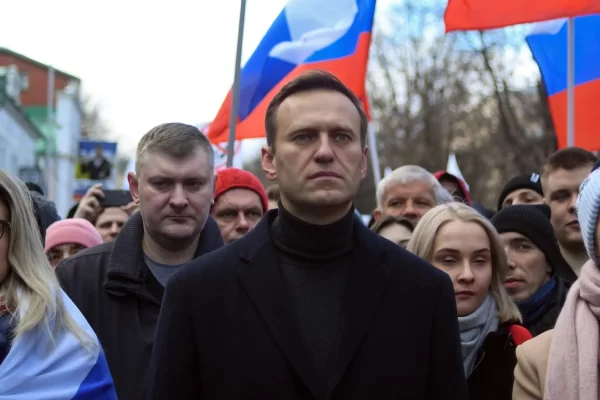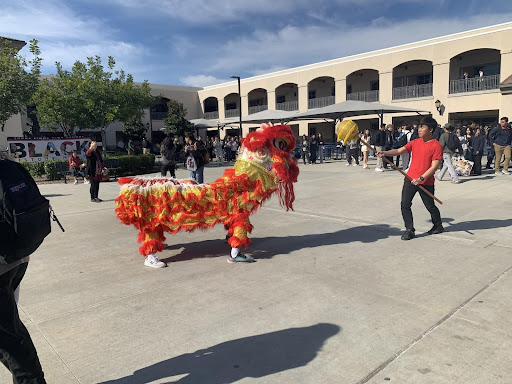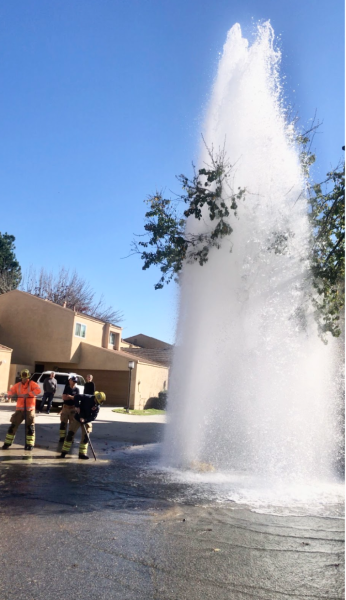Mali Massacre

Some of the damage done in the Mali Massacre
May 14, 2019
On Saturday, March 23, 2019, more than one hundred and thirty Fulani villagers were killed in Ogossagou village of Mali. A majority of the victims included elderly women and children and were burned in their homes by gunmen. According to two witnesses, hunters had burned down almost all the huts in the village. After this attack, the president of Mali disbanded the anti jihadist group, Dan Na Amassigou, who haven’t been confirmed to be responsible for the attack. The group’s name translates to “Hunters who trust in God.” An accusation was made by the council that Dan Na Amassigou had “departed from its initial objectives, despite repeated warnings from local administrative authorities.”
Coincidentally, the most recent attack came less than a week after an assault claimed by an Al Qaeda affiliate, on an army post which killed more than twenty people in central Mali. Jihadist threats have become an apparent issue. Last year, this violence led to the death of five hundred villagers. The Fulani people demanded more protection from authorities after a series of attacks. With their reasoning being that it encourages Dogon attacks to the Fulani village, the government in Bamako denied their request. However, the United Nations mission, MINUSMA, provided air support in order to prevent additional attacks from happening as a result of the most recent ones. In addition, they assisted with the evacuation of those who were injured. UNICEF also provided assistance, with first aid, medicine as well as therapeutic food.
Unfortunately, the children are paying the highest price in the central Mali attacks with forty six of them getting killed in the most recent one. Aminata, age seven, was one of the children who was killed while being trapped inside her family’s home as it was burning down. Also, those who survived but were either injured or witnesses who will struggle since they will have to live with this horrible memory for the rest of their lives. For example, Aminata’s sister had to witness her sister passing away. A boy named Little Mamadou, age nine, saw his mother killed right in front of him. Thirty were injured, with some injuries that cannot be completely fixed. After discussing the matter with senior Alex Hindeleh (12), he thought that the government “should not have denied more protection because these terrorist groups were going to attack anyways and that way, the protection would have prevented many people from dying.” Clearly, it is important that these villages stay protected as much as possible as they are clearly suspects of many incidents.
Souce: cnn.com




















